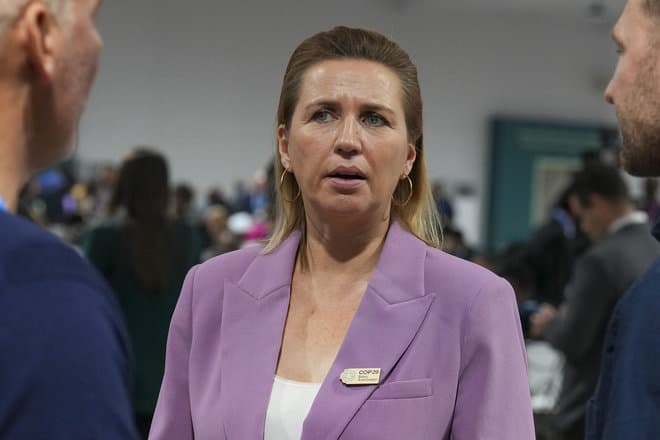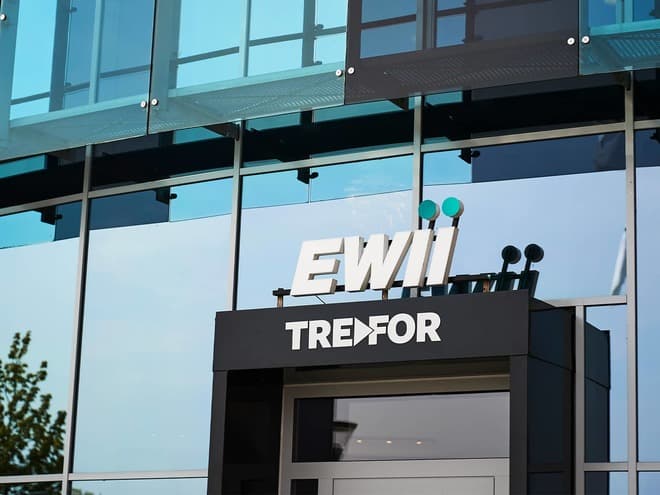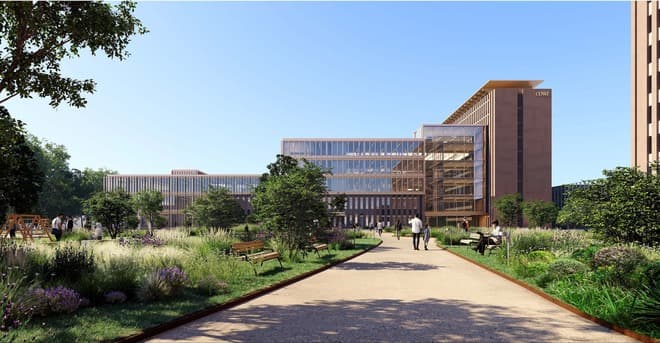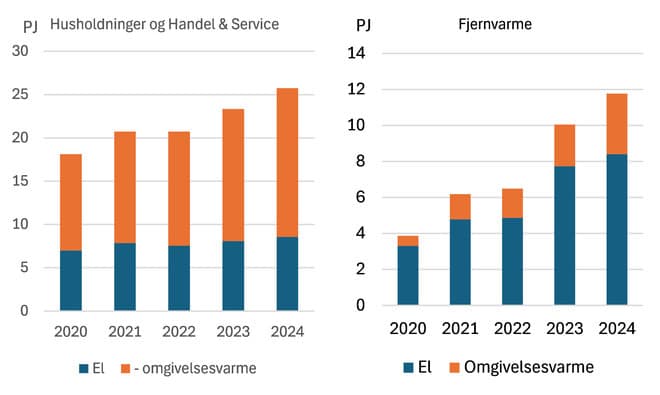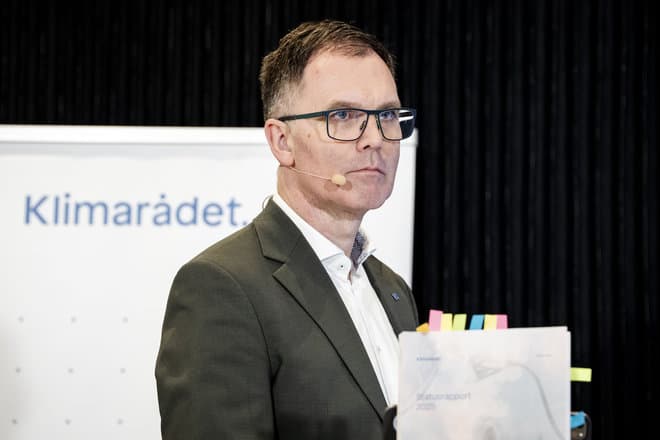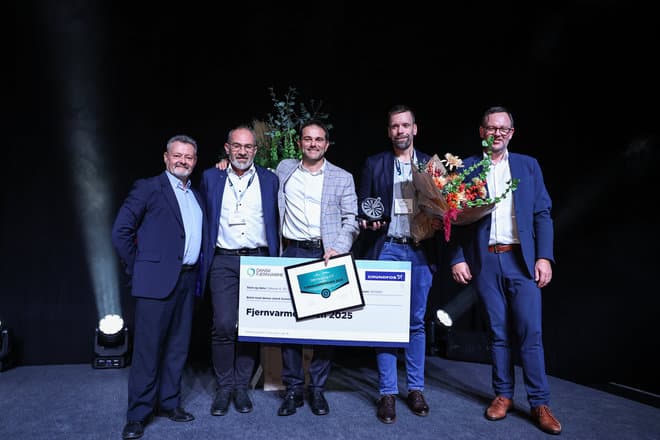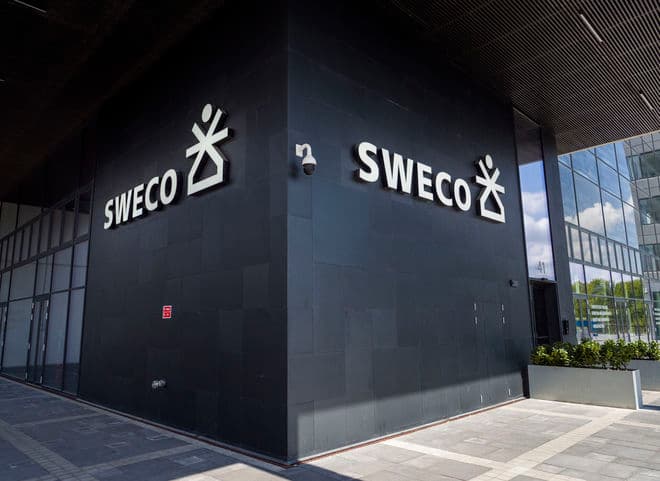
The seven central and western Jutland municipalities in the MidtVest Business Region - Lemvig, Ringkøbing-Skjern, Ikast-Brande, Herning, Holstebro, Struer and Skive - are appealing for greater local planning of land use in the open countryside, the collaboration informs.
On Monday, the central and western Jutland mayors had a roundtable discussion with Minister of Food, Agriculture and Fisheries Jacob Jensen (V) together with members of parliament Erling Bonnesen (V) and Ane Paulin (S), invited by the collaboration as well as the Skive Climate Foundation and Thise Dairy.
The municipalities are facing massive expansions of green energy projects that place great demands on local planning, according to the municipal collaboration.
- The Planning Act dictates that it is not legal to locate new industries in the open countryside for reasons such as the landscape and agriculture. Industries must be located in urban areas that are only found in existing cities. This is a good rule in itself, as otherwise there would be unnecessary pressure on, for example, our landscapes. But here the law does not take into account new business adventures that we are currently facing here in Central and Western Jutland, says Mayor of Ikast-Brande and Deputy Chairman of Business Region MidtVest Ib Lauritsen (V).
Planned by the state
He points here to the many new renewable energy plants, switching stations for offshore wind turbines, etc., that are located in the open country that is not defined as urban areas.
- It is also here that PtX and other derivative companies want to locate due to access to electricity and possibly production of hydrogen, heat, etc. Today, this can only be done through state planning by either being part of a state-designated energy park or through a ministerial agreement. It is inappropriate for the municipalities' room for maneuver, and we were told that by the minister, explains Ib Lauritsen.
According to the municipal cooperation, the minister was responsive and said that they will look into whether the planning act should be opened up and regulated so that the future PtX plants can perhaps be located in areas that the municipality considers to be best.
Fewer jobs in agriculture
The mayors also called for tools for how the municipalities should resolve the case processing that will come in connection with the government's green tripartite agreement, where parts of the current agricultural land will be converted to other purposes.
With the prospect of fewer jobs in agriculture, the mayor of Lemvig Municipality Erik Flyvholm (V) calls on the minister to keep an eye on how the peripheral areas can be compensated in relation to future energy projects.
- We have experienced job losses in recent years, and are also looking into more, therefore calls We are asking the government to look at a model where some of the money that comes in from green energy production goes to the municipality that provides land for the plants. In this way, there is a direct benefit to the municipality and its citizens by providing land for larger PtX plants and solar and wind farms, says Erik Flyvholm.
cwa
Text, graphics, images, sound, and other content on this website are protected under copyright law. DK Medier reserves all rights to the content, including the right to exploit the content for the purpose of text and data mining, cf. Section 11b of the Copyright Act and Article 4 of the DSM Directive.
Customers with IP agreements/major customer agreements may only share Danish Offshore Industry articles internally for the purpose of handling specific cases. Sharing in connection with specific cases refers to journaling, archiving, or similar uses.
Customers with a personal subscription/login may not share Danish Offshore Industry articles with individuals who do not themselves have a personal subscription to Danish Offshore Industry.
Any deviation from the above requires written consent from DK Medier.


